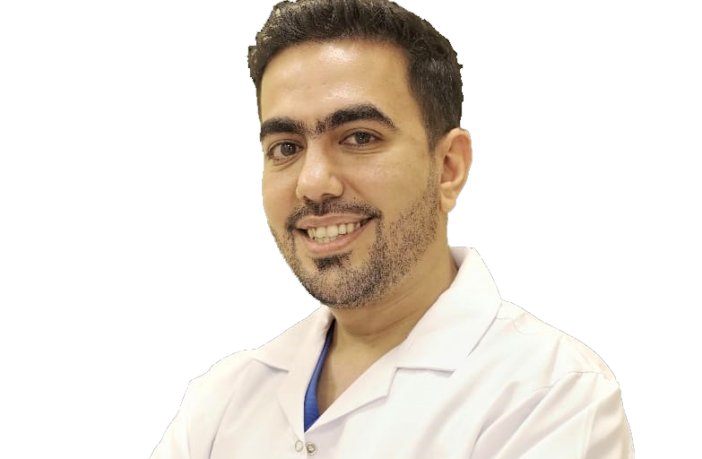Your common questions on skin issues answered by Dr. Mohammed Almashali, Dermatology Consultant at the Dr. Sulaiman Al Habib Medical Center – Diplomatic Quarter.
What treatments do you offer to people with acne problems?
Acne vulgaris is a multifactorial disorder. The clinical picture can vary significantly, from mild comedonal acne to severe systemic disease. Although all age groups may be affected by its many variants, the peak incidence is during adolescence. Early treatment of acne is essential for the prevention of lasting cosmetic disfigurement due to scarring. Acne lesions are divided into non-inflammatory and inflammatory groups based upon their clinical appearance.

Non-inflammatory acne is characterized by open comedones (whiteheads) and closed comedones (blackheads) while inflammatory acne lesion can be seen as red papules, pustules, or large pus containing cyst.
Treatment of acne depends on history and physical examination with laboratory test is required sometimes for further evaluation of the cause of acne in some patients.
The treatment options include:
*Treatment targeting non inflammatory lesions (whitehead & blackhead) include:
● Topical retinoids are the primary treatment modality, other options are Azelaic acid and Salicylic acid.
● Comedone extraction can also be done for fast results.
*Treatment of inflammatory lesion include:
● Mild inflammatory acne can be treated by topical retinoid with topical antibiotics like benzoyl peroxide cream or clindamycin solution.
● Moderate to severe inflammatory acne is often treated with oral antibiotics like doxycycline, minocycline, or azithromycin as first line treatment. If there is no improvement, isotretinoin might be the best option.
● Other treatment modality depends on the cause of acne like hormonal treatment might be the best choice for a patient with acne secondary to hormonal irregularities.
● Local steroid injection into an inflamed cyst can give a fast relief of the pain and discomfort.
What kind of laser (if any) can treat hyperpigmentation that is deep in the skin?
The laser choice depends on the type and causes of the hyperpigmention. For example: Q switched Nd:YAG, Q switched Alexandrite, Frequency doubled QS Nd:YAG, Fractional Co2 laser, all of these can be used to treat some types of hyperpigmentations.
Other forms of treatment modalities include chemical peeling and a variety of topical treatments.




